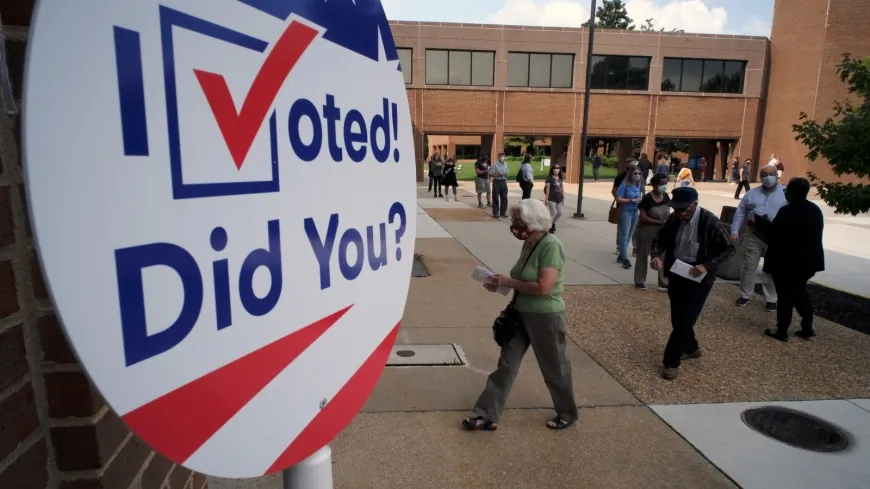How Richmond voters elect the city’s mayor

RICHMOND, Va. (WRIC) – In November, Richmonders will elect a new mayor -- but it’s not necessarily who gets the most votes that determines the winner.
According to the Richmond City Charter, the candidate who gets the most votes in at least five of nine city council districts wins the race.
This system was first implemented in 2003 to give voters a fair shot at picking a candidate that represents the entire city instead of one area. Randolph-Macon College Political Professor Rich Meagher said race was also a determining factor.
“Could the city's white western end and northern part determine who was the mayor?” Meagher said. “Could a mayor just be answerable to them and not be mayor, answerable to the whole city, including the city's very sizable black population?”
Since its inception, the system has turned out three Black mayors -- Douglas Wilder in 2005, Dwight Jones in 2009 and current mayor Levar Stoney in 2016.
If no one wins at least five districts, the two candidates with the most votes citywide head to a runoff election on the sixth Tuesday after the election. Meagher said he doesn’t expect a runoff in this year's race, but does believe minor tweaks could be coming with the current electoral system.
“Maybe ranked choice voting across the board could be a way to do it, or going back to a mayor that sits on the city council instead," he said. "I think there are a lot of things are on the table, but we do have other options to achieve the same goals that our city leaders had 20 years ago when they set up the system.”
Voters can read 8News’ interviews with each mayoral candidate to learn more about their experiences, campaigns, policies and plans ahead of the Nov. 5 election.

 VENN
VENN 





